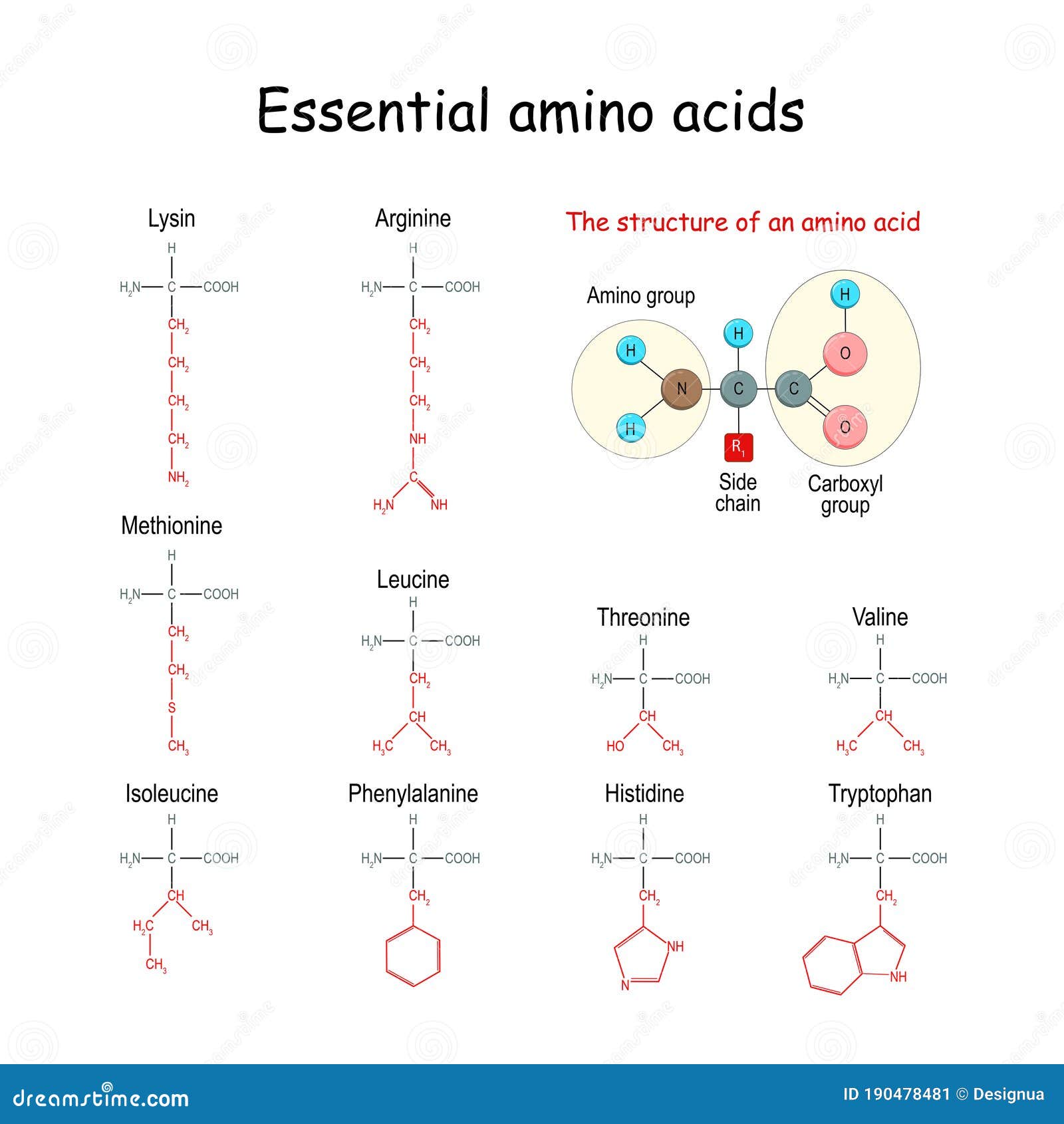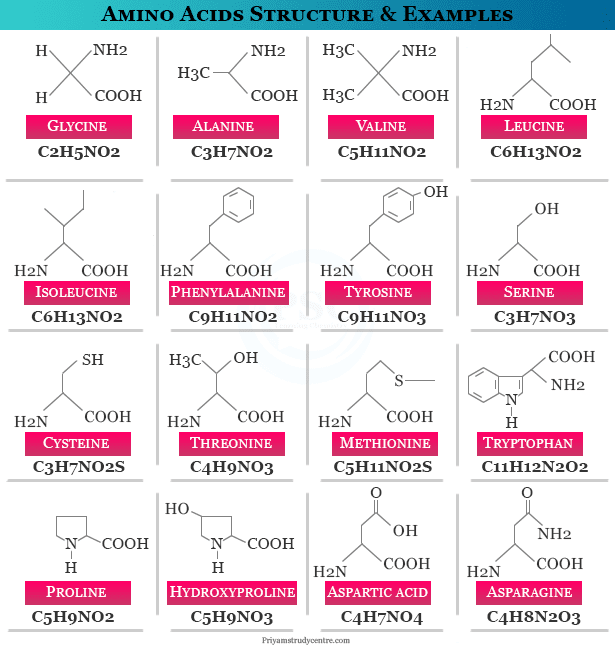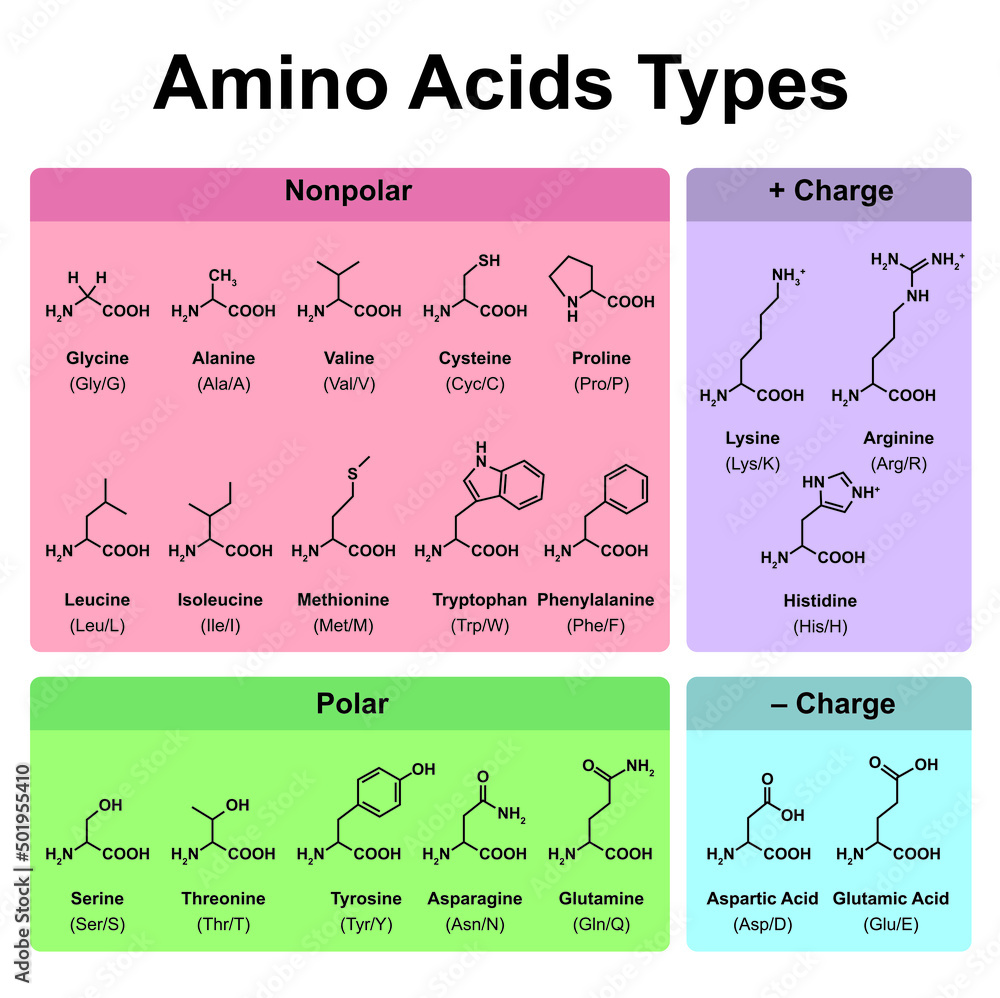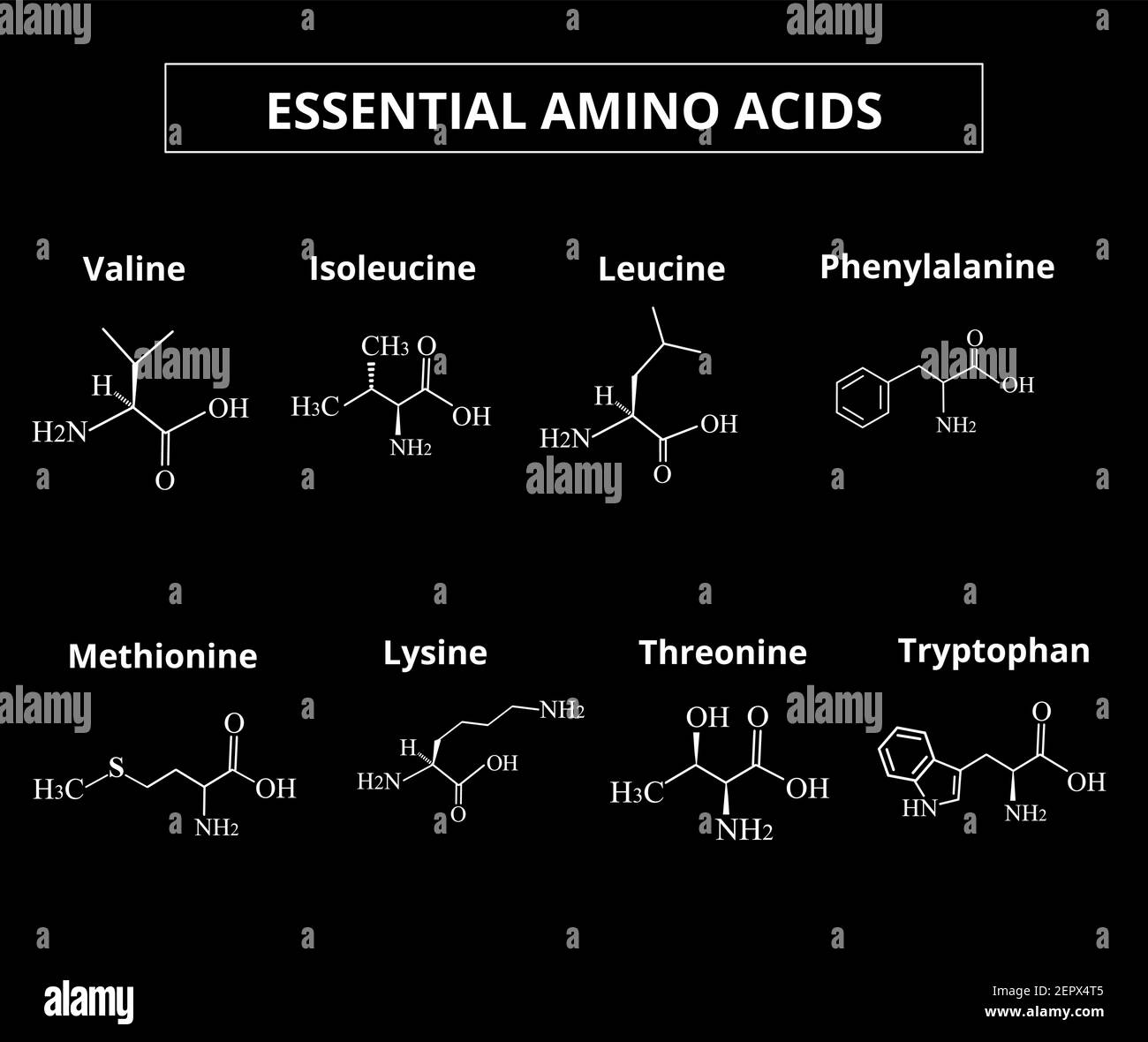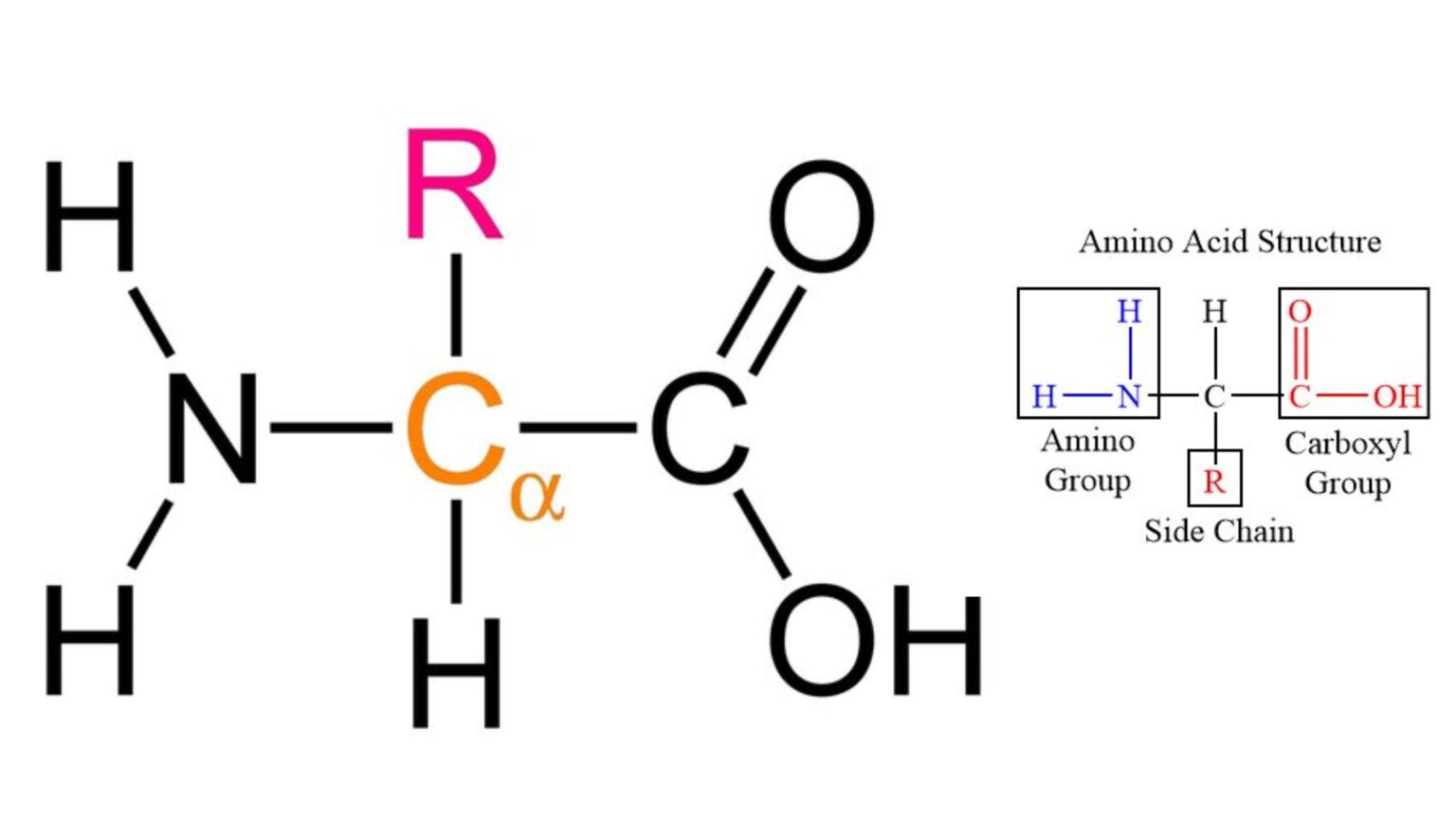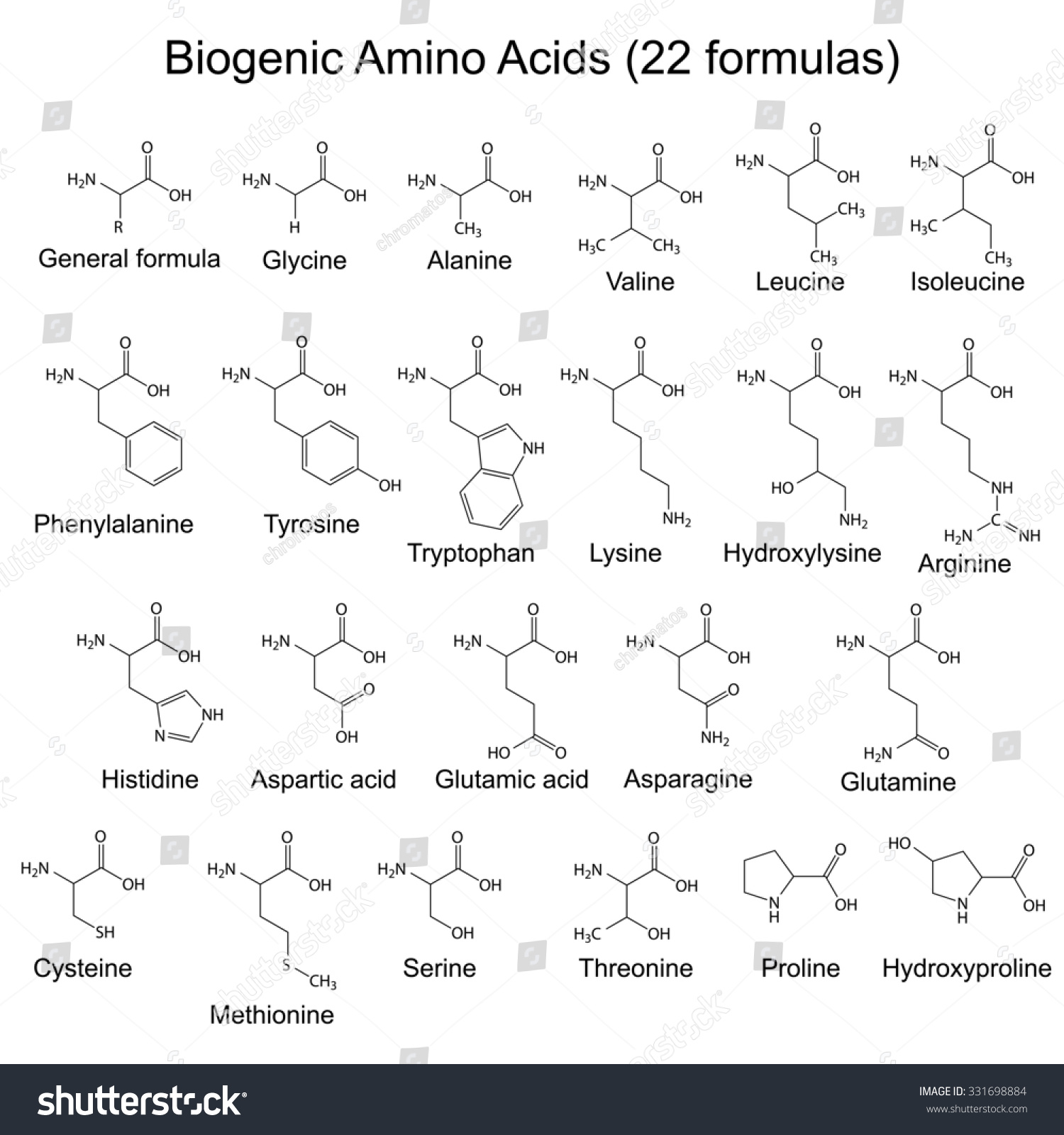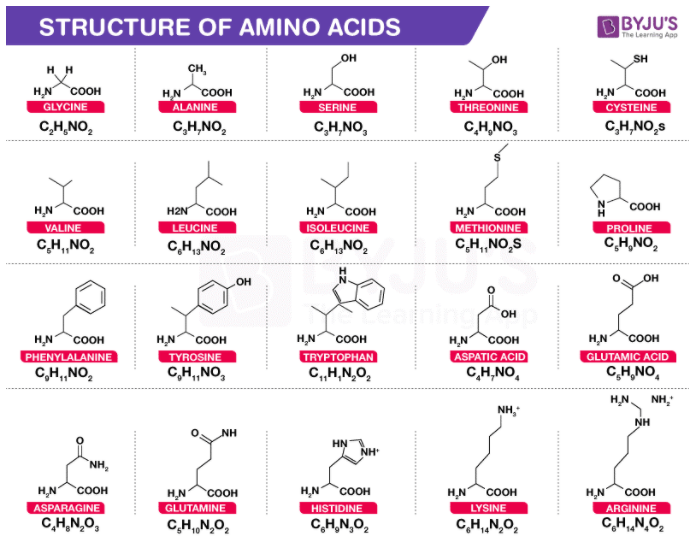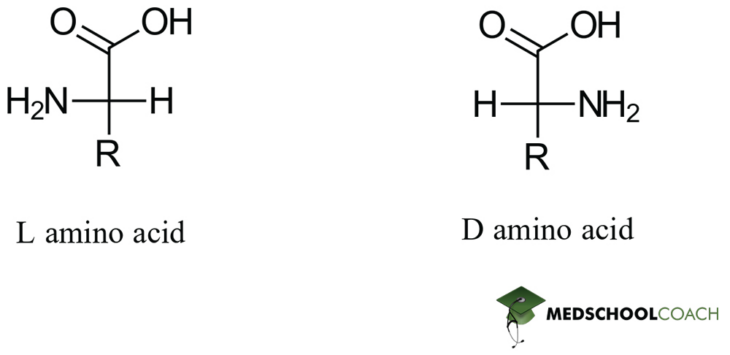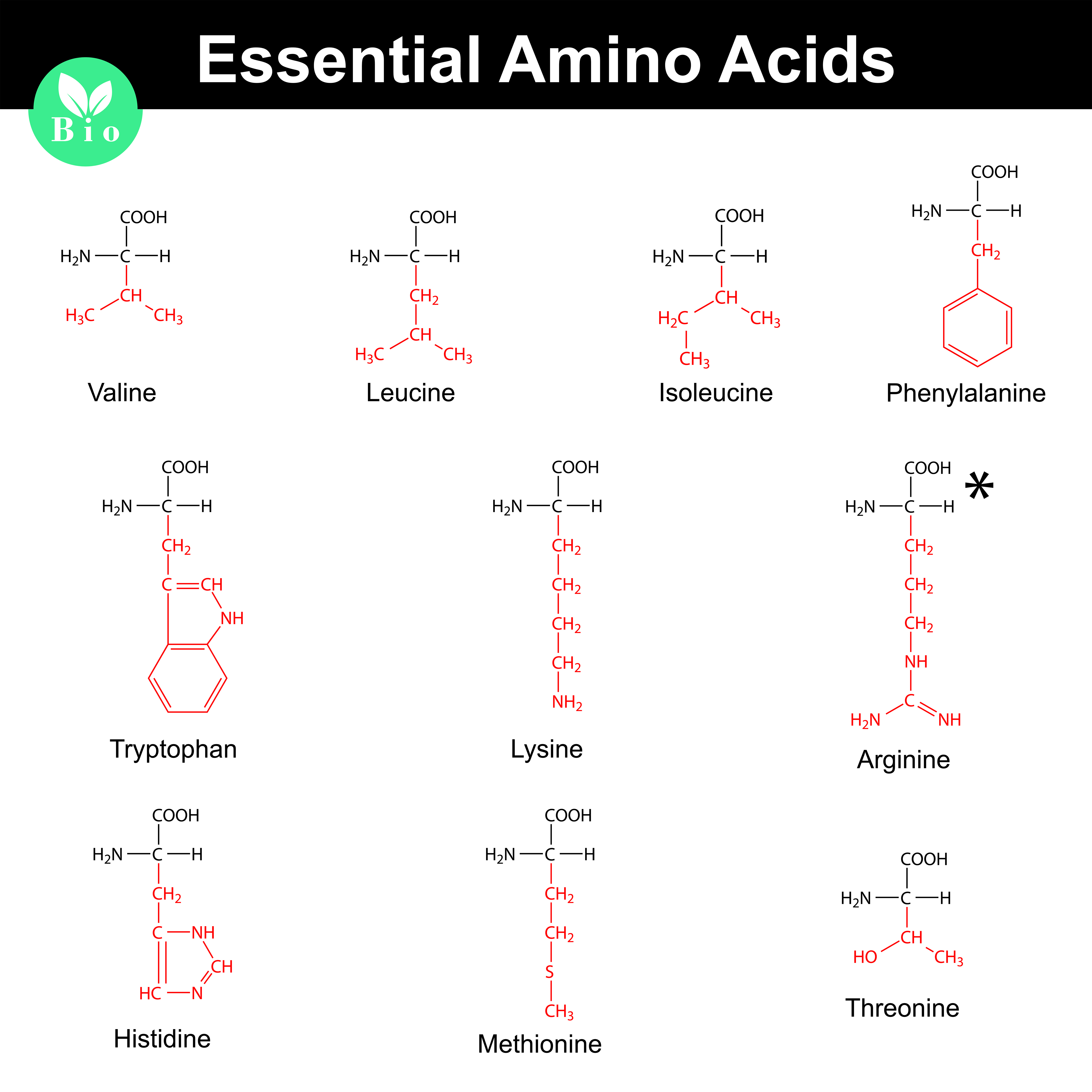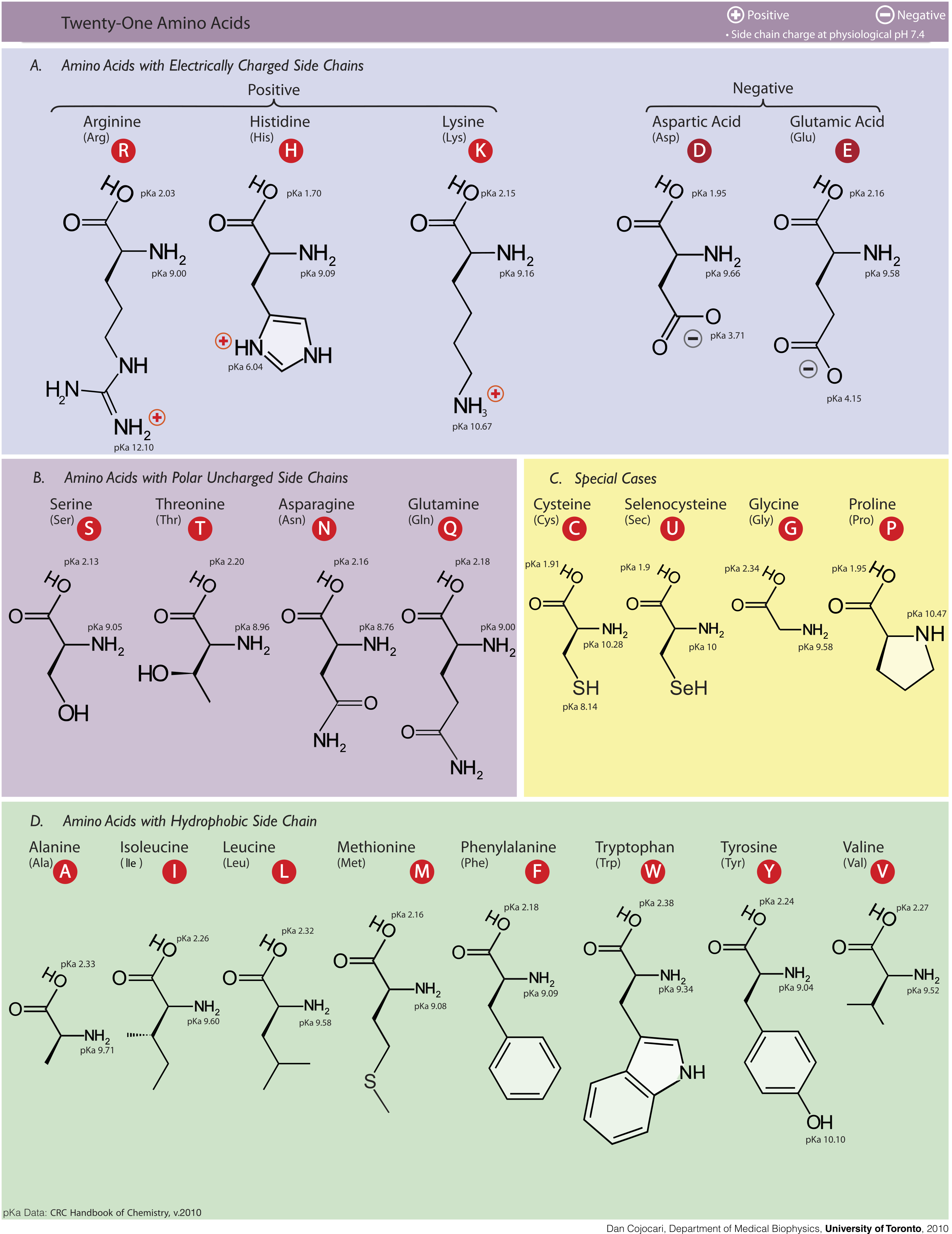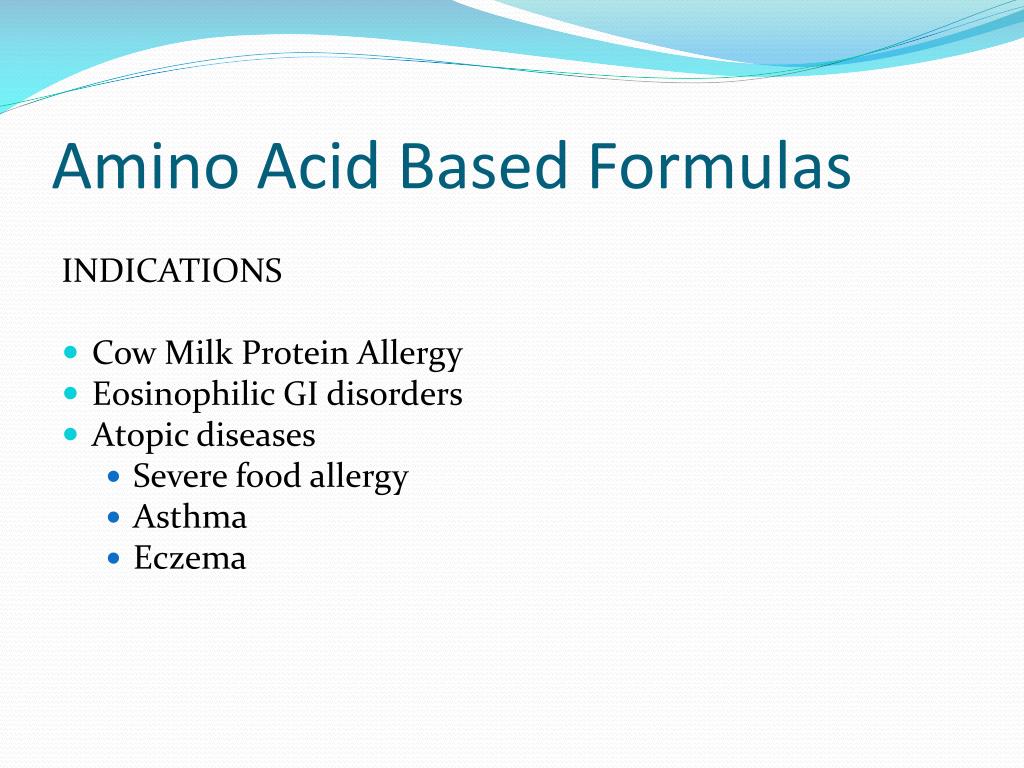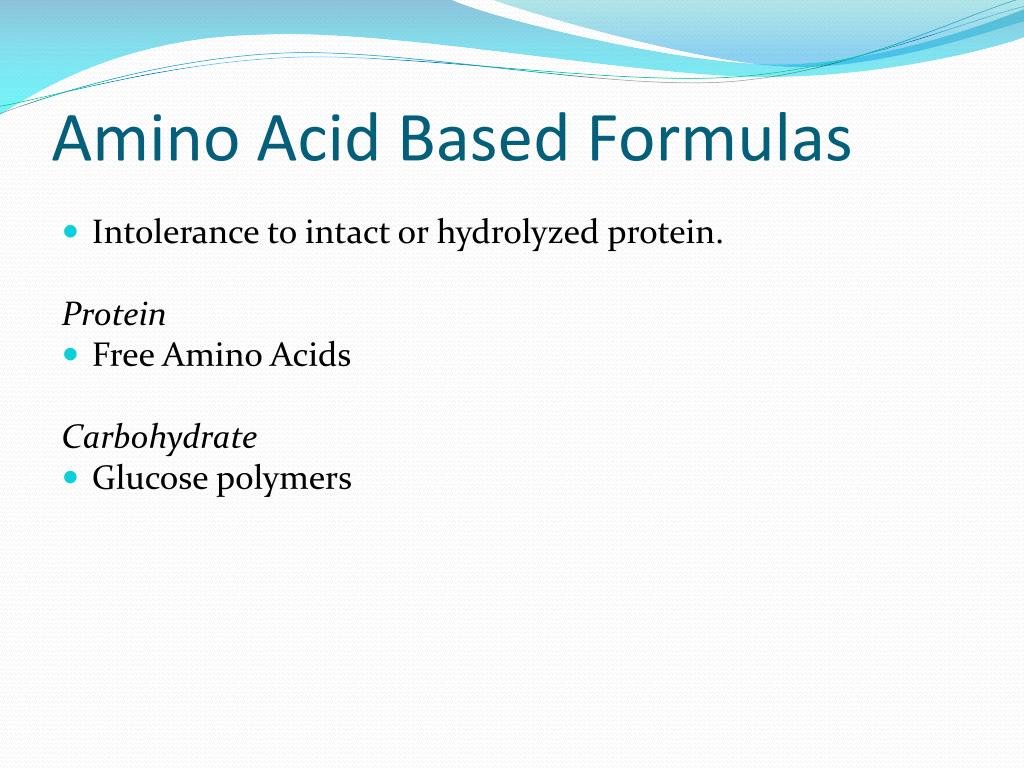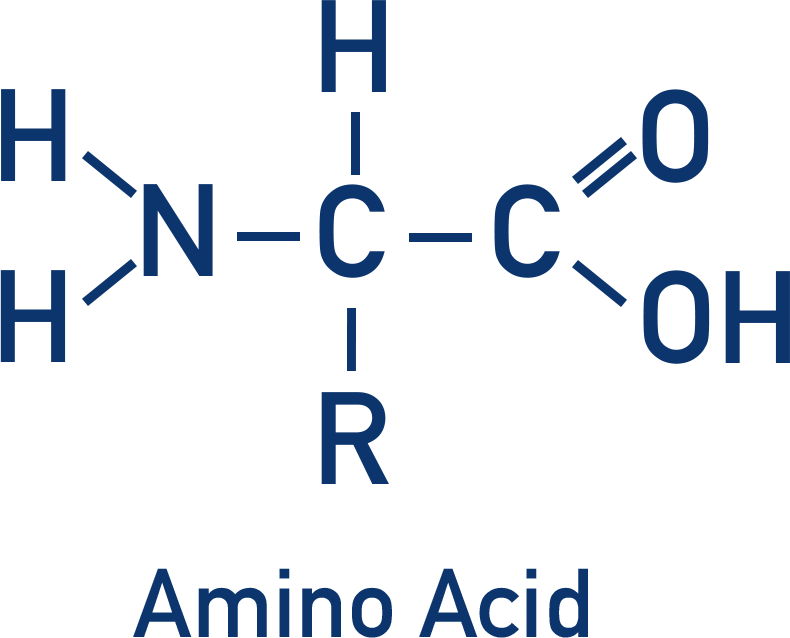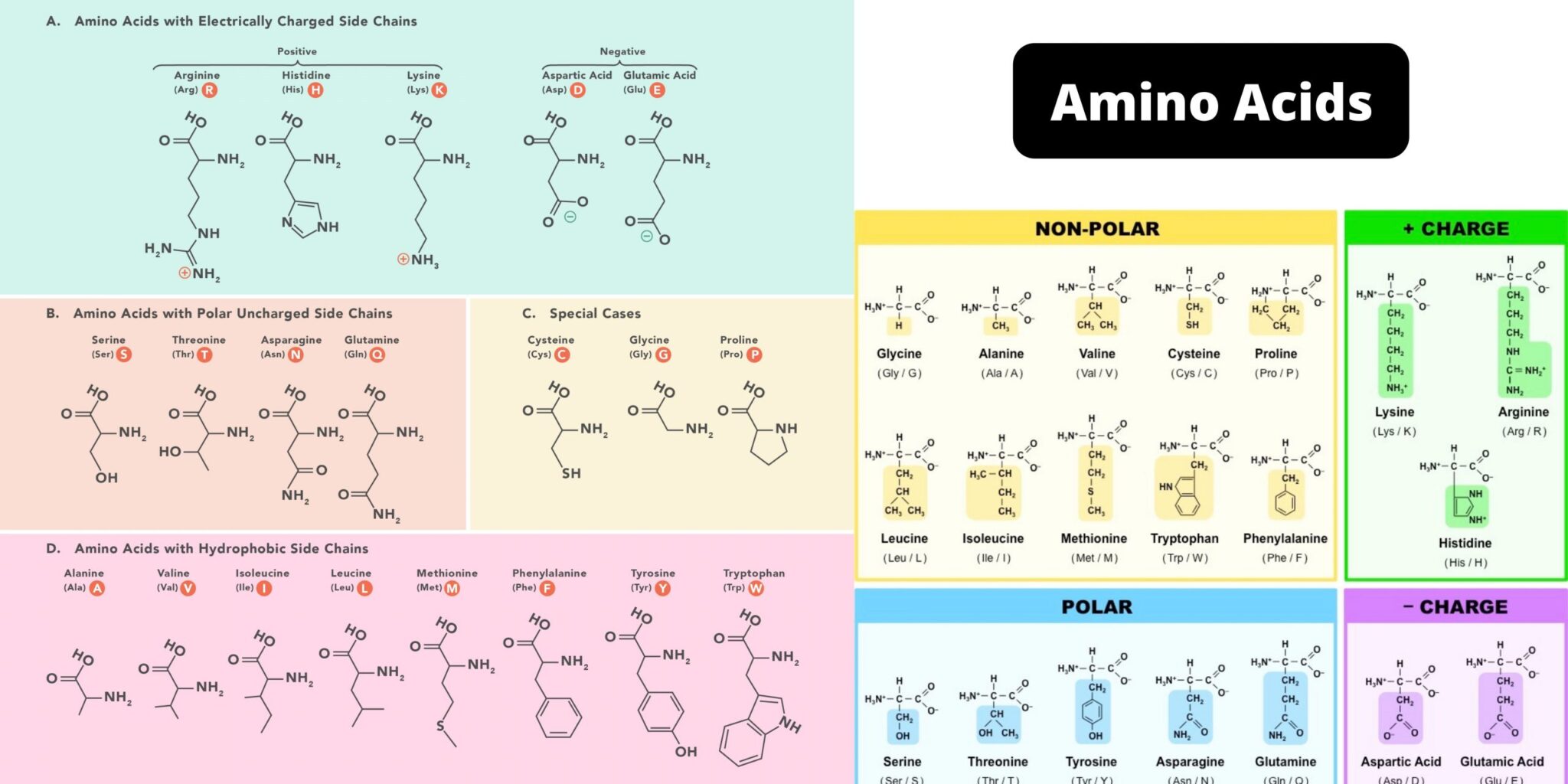What Is Amino Acid Based Formula

For parents navigating the complexities of infant feeding, especially those with babies experiencing allergies or digestive issues, the term "amino acid-based formula" often surfaces. This specialized formula represents a significant advancement in infant nutrition, offering a potential solution when other formulas fail to meet a baby's needs. But what exactly is it, and why is it sometimes necessary?
At its core, amino acid-based formula is a hypoallergenic infant formula designed for infants with severe allergies or digestive problems. Understanding its composition and use is crucial for parents and caregivers making informed decisions about their baby's health. This article will delve into the details of amino acid-based formula, its ingredients, uses, and potential benefits, providing a comprehensive overview for those seeking information on this specialized nutritional product.
The Building Blocks: What's in Amino Acid-Based Formula?
Unlike standard infant formulas that contain intact proteins (usually from cow's milk), amino acid-based formulas contain free amino acids. Amino acids are the individual building blocks of protein. These formulas are often referred to as elemental formulas because the proteins are broken down into their most basic components.
This complete breakdown eliminates the proteins that trigger allergic reactions in many infants with cow's milk protein allergy (CMPA) or other protein sensitivities. The removal of intact proteins makes the formula significantly easier to digest.
Beyond amino acids, these formulas also contain carbohydrates, fats, vitamins, and minerals necessary for infant growth and development. These other nutrients are typically derived from sources that are less likely to cause allergic reactions, such as specific vegetable oils and purified carbohydrates.
Who Needs Amino Acid-Based Formula?
Amino acid-based formulas are typically prescribed for infants with severe or complex allergies or digestive problems. The most common indication is cow's milk protein allergy (CMPA), particularly when symptoms persist despite the use of extensively hydrolyzed formulas.
Extensively hydrolyzed formulas contain proteins that have been broken down into smaller peptides, but some infants still react to these smaller protein fragments. Other conditions that may warrant the use of amino acid-based formula include food protein-induced enterocolitis syndrome (FPIES), a severe food allergy affecting the gastrointestinal system, and certain malabsorption disorders.
Infants with severe eczema, eosinophilic esophagitis (an allergic condition affecting the esophagus), or other conditions where allergies are suspected to play a significant role may also benefit from this type of formula. A healthcare professional, such as a pediatrician or pediatric allergist, will determine if amino acid-based formula is appropriate for a particular infant.
How Does It Work?
The key to the effectiveness of amino acid-based formula lies in its hypoallergenic nature. Because the proteins are completely broken down into their constituent amino acids, the infant's immune system is less likely to recognize them as foreign invaders.
This drastically reduces the risk of an allergic reaction. The easily digestible nature of the formula also reduces the burden on the infant's digestive system, which is particularly beneficial for babies with malabsorption issues or gastrointestinal inflammation.
This allows the gut to heal and function more effectively.
"Amino acid-based formulas provide essential nutrition without triggering allergic reactions, allowing infants to thrive,"explains Dr. Emily Carter, a pediatric allergist at Boston Children's Hospital.
Potential Benefits and Considerations
The primary benefit of amino acid-based formula is the relief of allergic symptoms and digestive distress in sensitive infants. Parents often report a significant improvement in their baby's symptoms, such as decreased crying, improved sleep, resolution of skin rashes, and better weight gain.
However, it's important to note that amino acid-based formulas can be more expensive than standard formulas. They also may have a different taste and odor, which some infants may initially reject.
Transitioning to an amino acid-based formula should always be done under the guidance of a healthcare professional. Regular monitoring is essential to ensure the formula is well-tolerated and that the infant is growing adequately.
Additionally, long-term use of amino acid-based formula might require supplementation with certain nutrients. Specifically, carnitine is sometimes added, as the processing can reduce its availability in the formula.
The Impact on Families
For families struggling with a baby who has severe allergies or digestive issues, amino acid-based formula can be a game-changer. The relief it provides can significantly improve the quality of life for both the infant and their caregivers. A baby free from constant discomfort can sleep better, eat better, and interact more positively with their environment.
The peace of mind that comes from knowing that their child is receiving adequate nutrition without triggering an allergic reaction is invaluable to parents. However, accessing and affording amino acid-based formula can be a challenge for some families.
Insurance coverage for specialized formulas can vary widely, and the cost can be a significant burden for those without adequate coverage. Advocates are working to increase access to these essential nutritional products for all families who need them.
Conclusion
Amino acid-based formula is a specialized nutritional product designed for infants with severe allergies or digestive problems. By providing essential nutrients in a completely hypoallergenic form, it can offer significant relief and improve the health and well-being of affected infants.
While it's not a first-line treatment for all allergies, it plays a crucial role in managing complex cases where other formulas have failed. Parents and caregivers should consult with a healthcare professional to determine if amino acid-based formula is the right choice for their baby and to ensure proper monitoring and management.
Understanding the science behind this formula empowers parents to make informed decisions and advocate for their child's nutritional needs. The availability of amino acid-based formula represents a significant step forward in infant nutrition, offering hope and improved health outcomes for babies facing significant allergic and digestive challenges.
